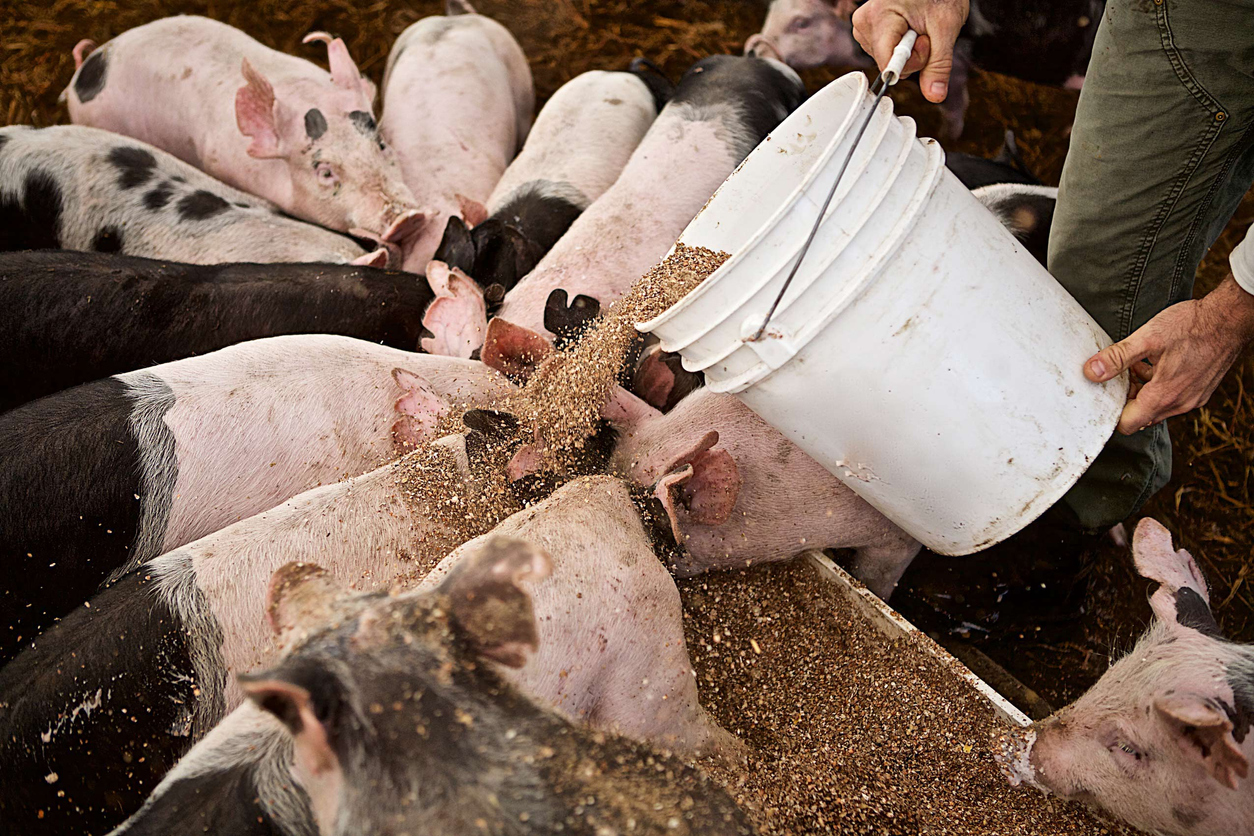
Study links drug-resistant infections circulating in hospital patients to bacteria from Danish pigs
A study investigating samples of the superbug Clostridioides difficile across 14 pig farms in Denmark finds the sharing of multiple antibiotic-resistance genes between pigs and human patients, providing evidence that that animal to human (zoonotic) transmission is possible.
The study, by Dr Semeh Bejaoui and colleagues from the University of Copenhagen and Statens Serum Institut in Denmark, is being presented at this year’s European Congress of Clinical Microbiology & Infectious Diseases (ECCMID) in Lisbon, Portugal (23-26 April).
“Our finding of multiple and shared resistance genes indicate that C. difficile is a reservoir of antimicrobial resistance genes that can be exchanged between animals and humans”, says Dr Bejaoui. “This alarming discovery suggests that resistance to antibiotics can spread more widely than previously thought, and confirms links in the resistance chain leading from farm animals to humans.”
C. difficile is a bacterium that infects the human gut and is resistant to all but three current antibiotics. Some strains contain genes that allow them to produce toxins that can cause damaging inflammation in the gut, leading to life-threatening diarrhoea, mostly in the elderly and hospitalised patients who have been treated with antibiotics.
C. difficile is considered one of the biggest antibiotic resistance threats in the USA—and caused an estimated 223,900 infections and 12,800 deaths in 2017, at a healthcare cost of more than $1 billion [1].
Read more...







